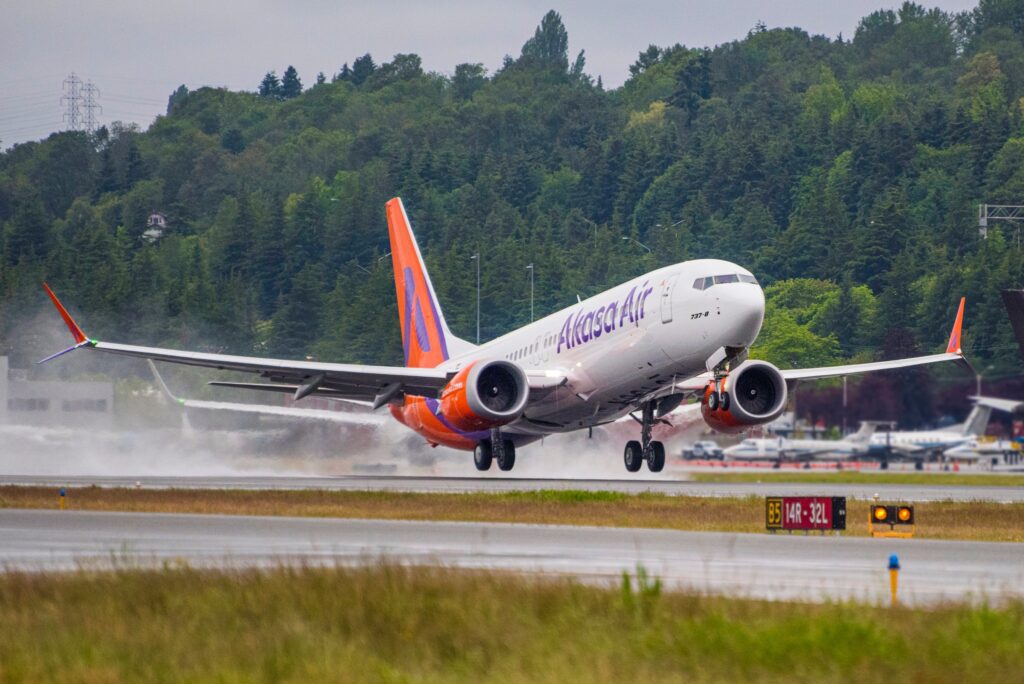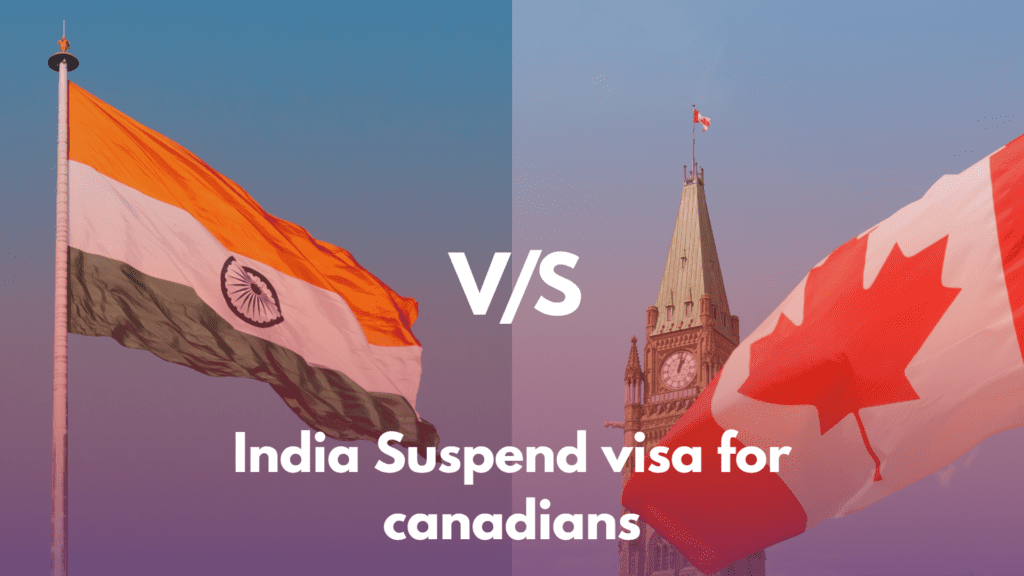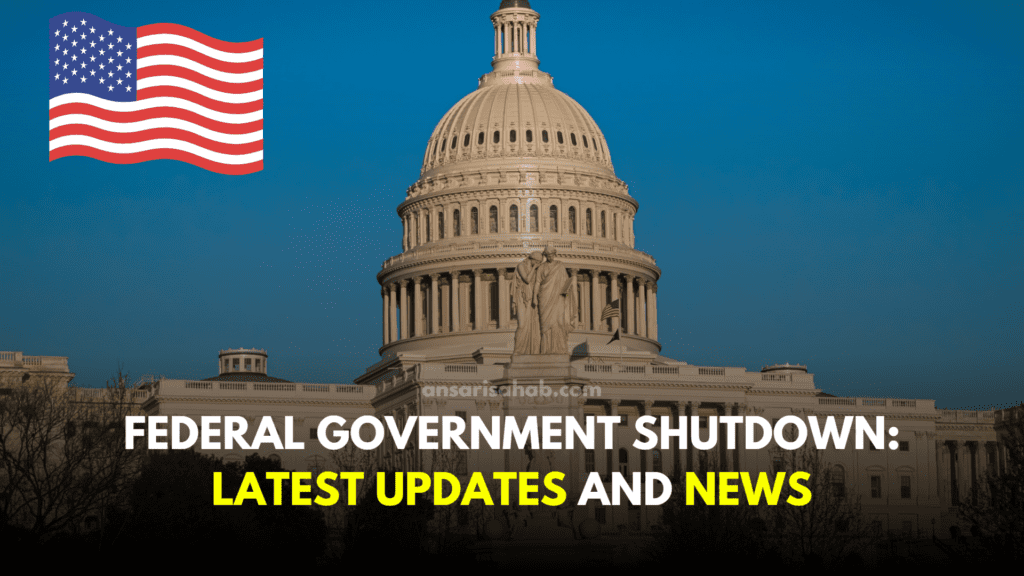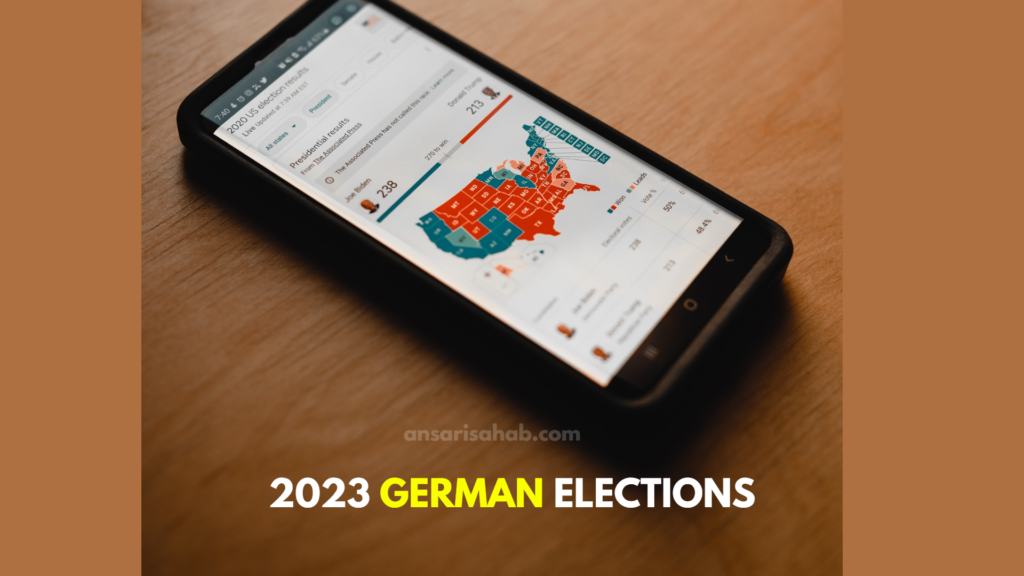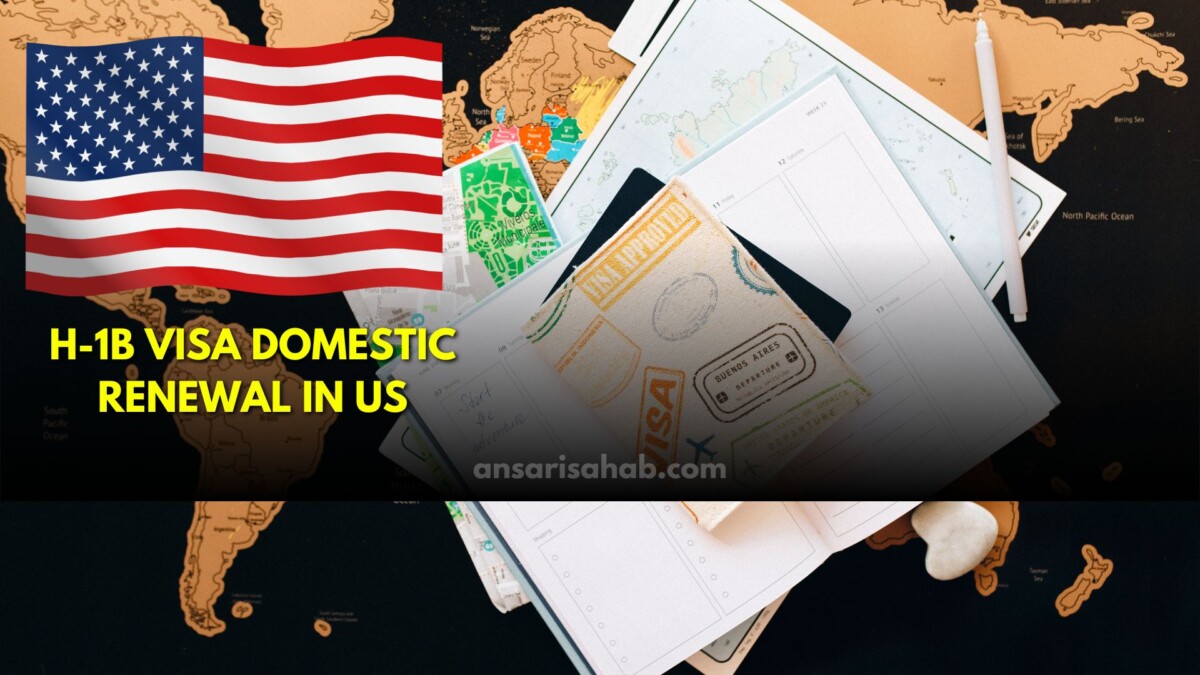
For years, the H-1B visa renewal process has been a complex and challenging journey for skilled professionals and their employers in the United States. However, a beacon of hope has emerged with the introduction of the H-1B Domestic Visa Renewal Pilot Program, set to launch in January 2024. This groundbreaking initiative aims to simplify the renewal process, eliminate international travel requirements, and usher in a new era for high-skilled professionals in the US.
Breaking Free from Tradition:
Traditionally, H-1B visa holders faced the daunting task of traveling abroad for visa stamping every three years. This process was not only disruptive but also financially burdensome. The new pilot program, announced by the U.S. Department of State in December 2023, promises a departure from this norm. Eligible H-1B visa holders will now have the option to renew their visas within the United States itself, reducing the need for international travel and its associated challenges.
Eligibility Criteria and Key Details:
While the specific eligibility criteria for the pilot program are still being finalized, early indications suggest a focus on visa holders with valid stamps, continuous U.S. presence, and specific employer sponsorship. The program, initially offering 20,000 slots, is poised to prioritize those with an uninterrupted stay in the US and a strong employment record with the sponsoring employer.
The Potential Impact:
The domestic H-1B visa renewal pilot program carries substantial benefits for both H-1B workers and the U.S. economy. By eliminating the disruptions caused by international travel, the program aims to ensure continuous employment for skilled professionals, provide employers with a more stable workforce, and contribute to economic growth through innovation and talent retention.
Suggested: 61 Migrants Drown in Latest Tragedy in Shipwreck Off Libyan Coast on the Central Mediterranean Route
Looking Ahead: Questions and Considerations:
While the pilot program is a significant step forward, questions remain regarding its future. Will it be extended beyond the initial 20,000 participants? Will eligibility criteria be broadened to include more H-1B holders? How will the program address the needs of dependents on H-1B visas? The success of the pilot will depend on addressing these questions and implementing the program efficiently.
Beyond the Pilot: Additional Measures for Streamlining:
In addition to the domestic renewal pilot, other measures could further streamline the H-1B visa system. Increased visa appointment availability abroad, improved processing timelines, and exploring online renewal options are among the potential solutions. A holistic approach is crucial to creating an efficient and accessible system that benefits both individuals and the nation.
Stay Updated:
As the H-1B visa landscape evolves, staying informed is crucial. Official updates from USCIS and the U.S. Department of State websites, along with guidance from reputable immigration attorneys, provide valuable information. A transparent and streamlined approach is essential for ensuring the accessibility and effectiveness of the H-1B visa renewal process.
Looking Ahead:
The domestic H-1B visa renewal pilot program represents a significant step towards streamlining the H-1B visa process. While it’s not a complete solution, it offers a promising avenue for simplifying visa renewals and attracting and retaining skilled talent in the US. As the program unfolds, it will be crucial to monitor its effectiveness and consider potential expansions to benefit a wider range of H-1B visa holders.
Further Resources:
- Murthy Immigration Law Firm: https://www.murthy.com/
- USCIS: https://www.uscis.gov/

